Will reliable charging reverse the trend toward super-size EV batteries?
Which company signed on for future Tesla Supercharger access this week?
This is our look back at the Week In Reverse—right here at Green Car Reports—for the week ending August 18, 2023.
In a review of the Rivian R1S on a Rocky Mountain adventure, getting acquainted with its on- and off-road capability and drive modes, tallying its range and efficiency, sampling fast-charging, and even camping inside it. It offers an off-road experience—and a whole lifestyle—that’s not yet possible in any Jeep. And separately, official EPA range ratings out this week show Dual-Motor versions of the Rivian R1T and R1S at 352 miles, if you choose your wheels carefully. That’s with the middle of three Rivian battery packs—the so-called Large Pack—and it bodes well for the upcoming Max Pack and the likelihood that those versions will top 400 miles.
2023 Rivian R1S
Rounding out Rivian news, the company also revealed the R1S has achieved an off-road bragging right on what can seem at times to be Jeep’s exclusive domain—as the first electric SUV to tackle the Rubicon, in stock production form. With only “some cosmetic bumps and scrapes,” it’s a testament to the traction finesse that the brand’s Quad Motor layout affords. Jeep has no fully electric SUV as of yet.
Fisker sees its upcoming $45,400 Alaska electric truck as its “everything” vehicle, but it won’t yet say who’s going to build it in the U.S. That said, Fisker revealed many more new concept photos of this truck, which is based on the same underpinnings as its Ocean crossover but remains under development.
Fisker also announced on Tuesday that it’s joining a growing group of automakers in offering Tesla Supercharger access starting in 2025—as well as the Tesla NACS charge port on its vehicles in the future. Given CEO Henrik Fisker’s adversarial relationship with Tesla at times in the past, this could be a great example of letting bygones be bygones for the sake of progress.
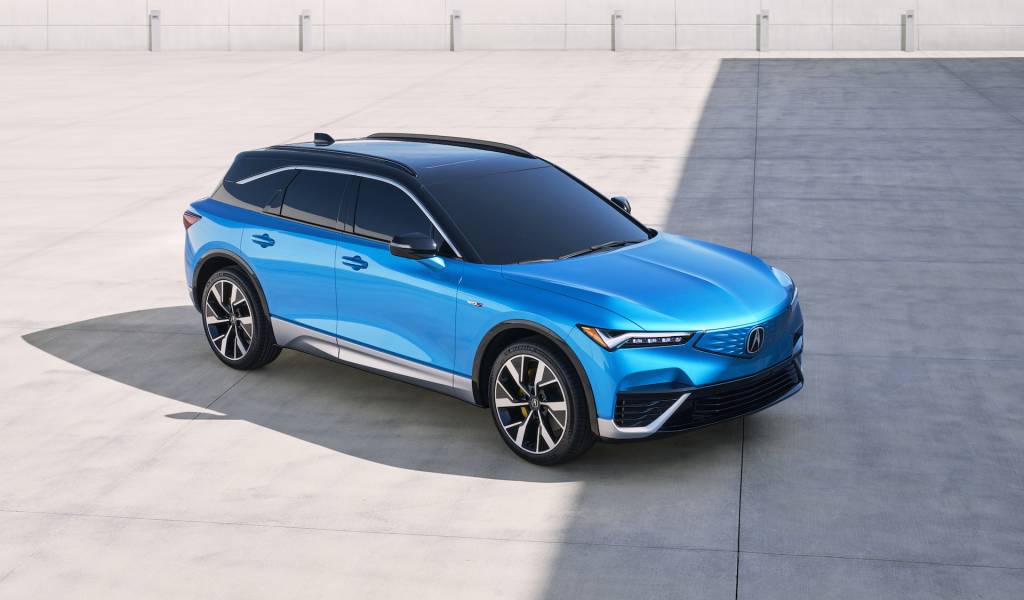
2024 Acura ZDX
With the official debut of the 2024 Acura ZDX, the Honda luxury and performance brand will get its first EV. Although this one’s essentially a reskinned version of the Cadillac Lyriq, the ZDX outdoes the Lyriq in range, with a projected 325 miles in some versions.
Jaguar has reportedly confirmed that the I-Pace will be discontinued by 2025. This first premium long-range EV after Tesla was due to continue on in with more improvements, but it appears Jaguar is set on starting with a clean slate by the time its next-generation EVs start arriving then.
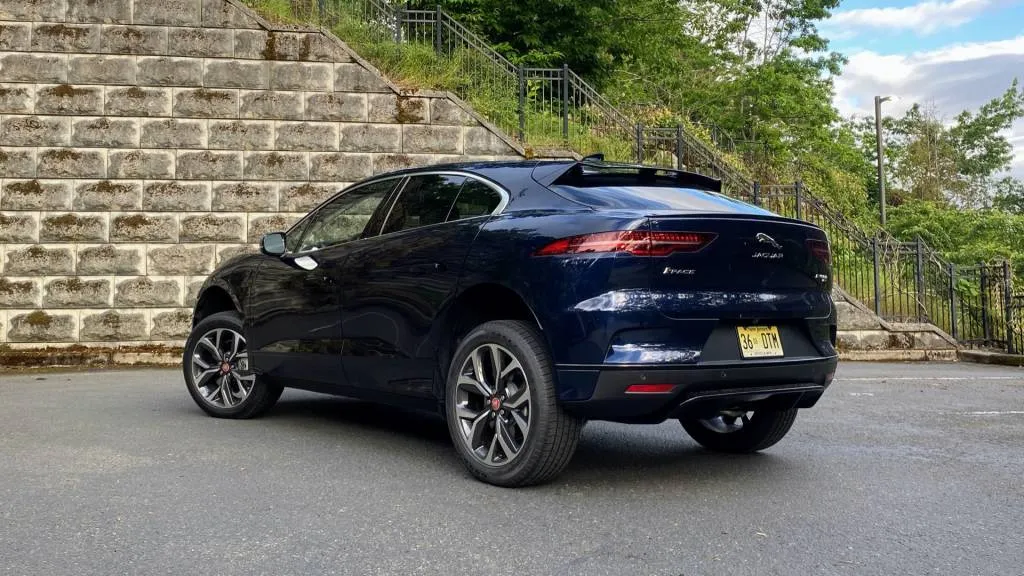
2022 Jaguar I-Pace
Tesla effectively lowered the base price of its Model S and Model X by introducing lower-priced Standard Range versions. With a price $10,000 lower, they employ a software lock to the battery pack, limiting range to 320 and 269 miles, respectively, from the other versions’ 405 and 348 miles. Upgrade cost hasn’t yet been revealed, but when Tesla offered this on the Model 3 it charged $4,500 to access the batteries’ full range.
As large swaths of the U.S. face “heat hell,” recent Pew poll results may come as a surprise for Americans thinking we’re collectively over the hump on the importance of global warming, curbing tailpipe emissions, and shifting to EVs. Only 31% of Americans surveyed thought the U.S. should completely phase out fossil fuels—no specific timeline mentioned. And there’s a partisan divide on some fundamentals, with less than one in four Republicans seeing climate change itself as a major threat.
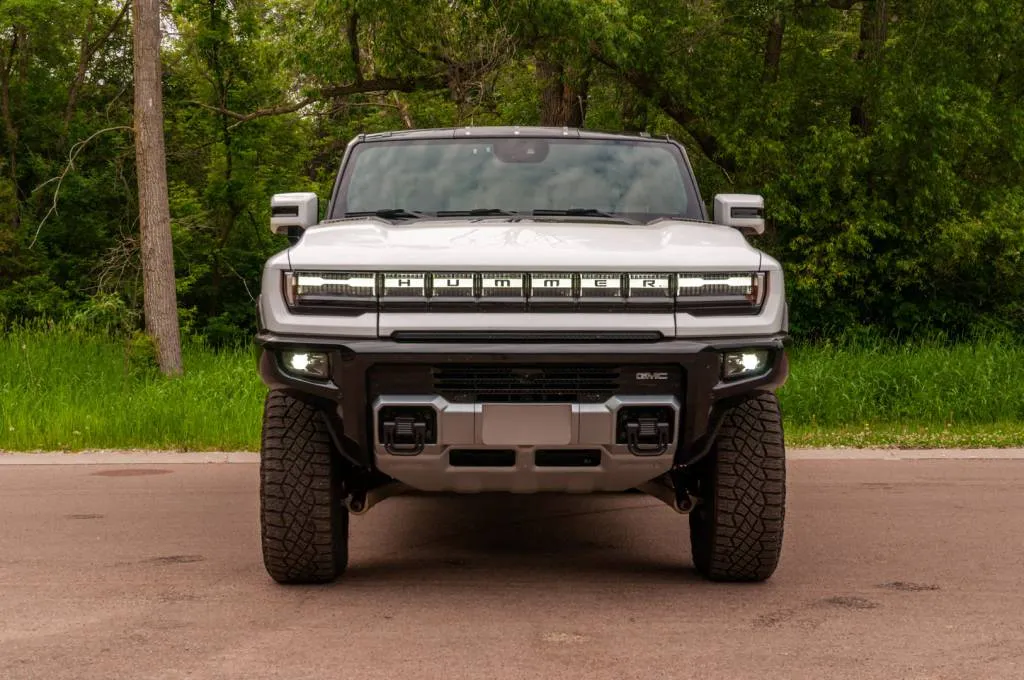
GMC Hummer EV
Led by the prospects of big electric pickups and electric SUVs, the average EV battery pack size is growing at an alarming rate, even versus rated EV range, Bloomberg recently found. That’s because simultaneously the EVs themselves are getting larger—accelerating a “battery bloat” that will press resources and the supply chain harder than anticipated. Will reliable, widely available charging—or tech like solid-state batteries or energy density gains—reverse the trend?
China’s CATL revealed a revised lithium iron phosphate (LFP) battery chemistry and structure that, it says, offers superior charging and performance in cold weather—two typical drawbacks to the battery type that’s popular in China, as well as 250 miles in 10 minutes. Ford won’t yet confirm whether this tech is included as part of its license to make LFP cells in Michigan.
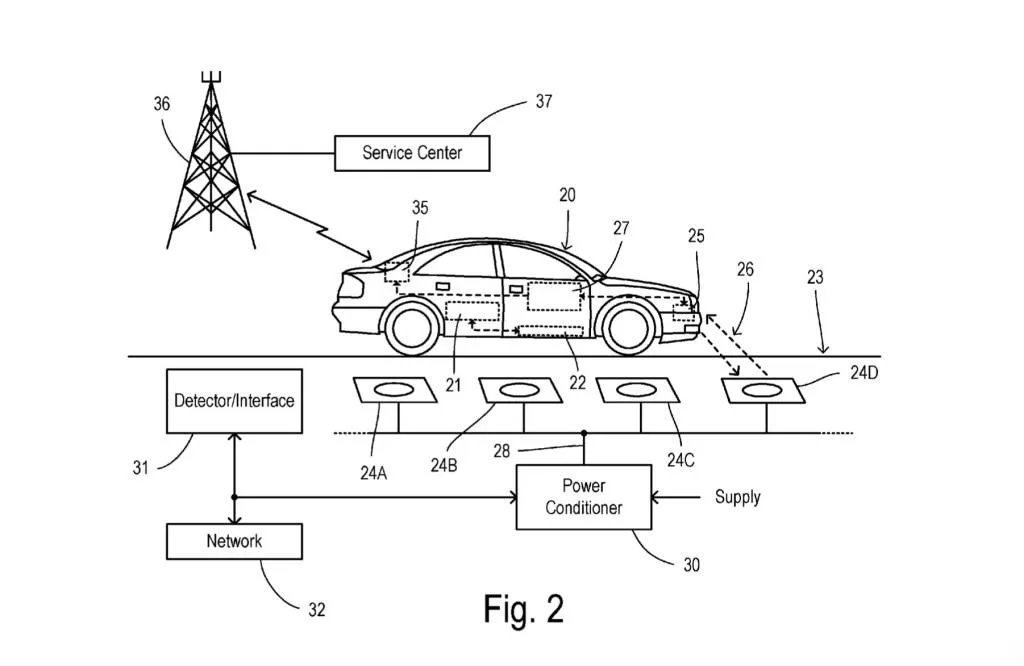
Ford in-road wireless EV charging patent image
In a recent patent filing, Ford laid out the technology building blocks for allowing EVs to be charged wirelessly as they drive along. Although Ford hasn’t made public any plans to capitalize on the tech, which could prove expensive, it might be put to use for limited-loop fleets and delivery vehicles or, in a more distant future, personal vehicles.
Stellantis is reportedly mulling a $25,000 EV, although comments by the company’s CEO and the UAW indicate that it might have some long negotiations to make before such a model might be seen as viable for U.S. production. Considering the EV tax credit, however, that product is already here today in the Chevy Bolt EV.
As the supplier Magna recently argued—on behalf of products it makes, we should point out—disconnecting drive motors during cruising or coasting can potentially boost EV range 9%. The unit it’s promoting is already due to launch on “multiple vehicles of a German premium automaker” soon.
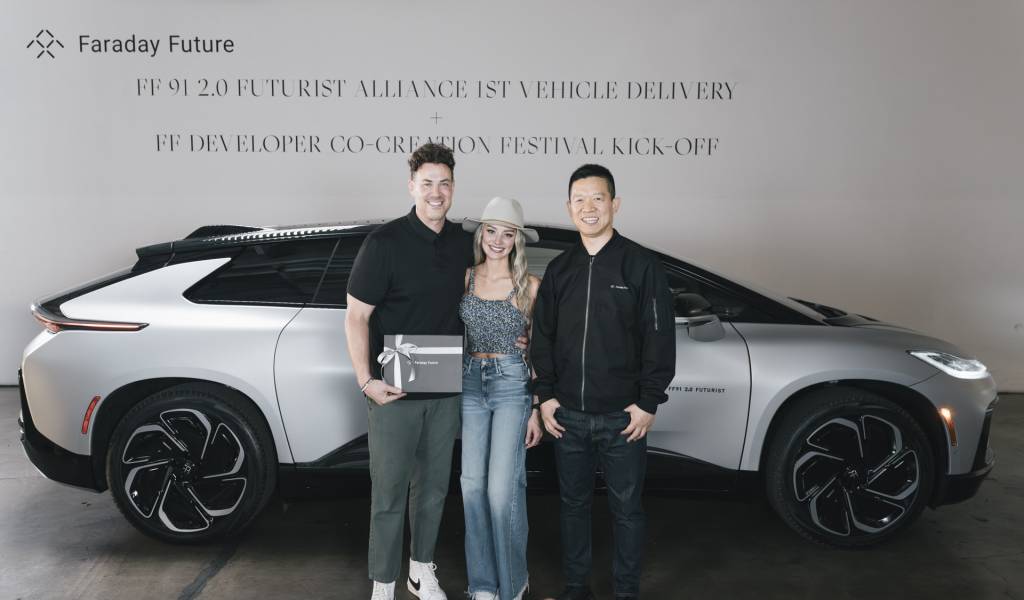
First Faraday Future FF91 customer car
California-based Faraday Future has delivered its first FF91 ultra-luxury EV—one of them—roughly five years after it was originally due to arrive. It’s been a long road for a company that first emerged from stealth mode in 2015 and revealed the FF91 in 2017.
And public charging remains problematic—and perhaps even worse in reliability versus last year—J.D. Power found once again in its latest annual look at the subject. To underscore the issue, Power found that one in five EV charging attempts was a fail, not just on a connector basis, but for charging stations themselves. And it was surprising to see that users found public charging even more unreliable in California, where there are simply more chargers in more places.
_______________________________________
Follow Green Car Reports on Facebook and Twitter
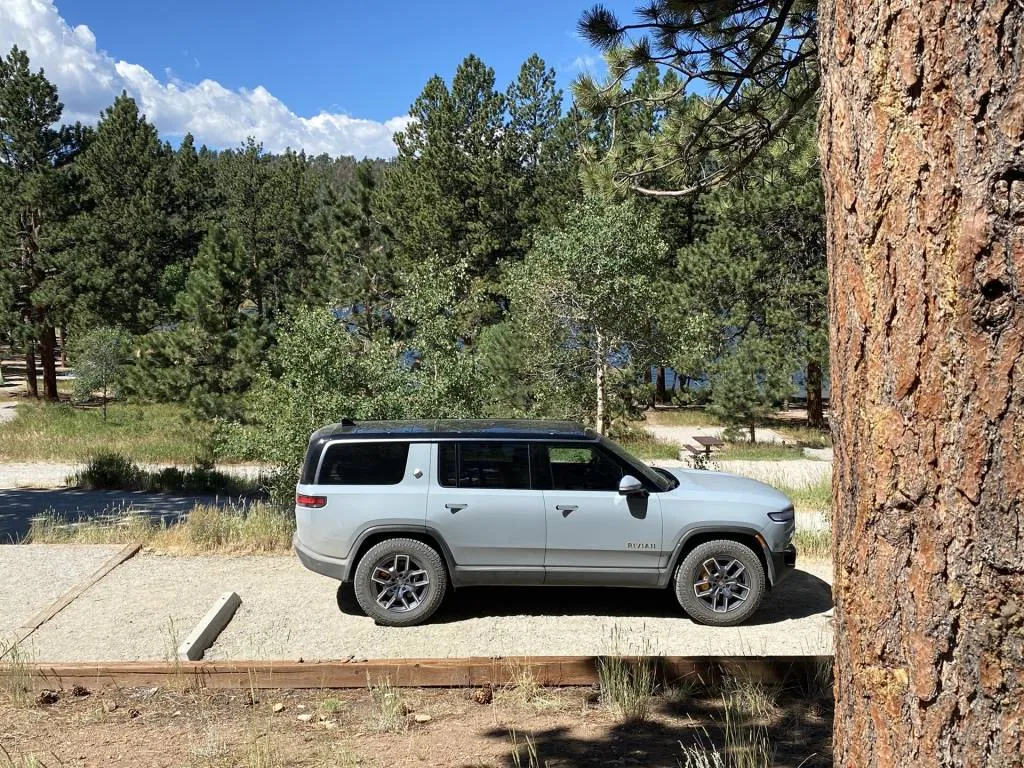
buy lasuna generic – diarex price buy himcolin without prescription
buy probenecid pills for sale – tegretol for sale cost carbamazepine
order colospa 135 mg without prescription – buy arcoxia 60mg buy pletal 100 mg generic
voltaren online buy – purchase aspirin generic order aspirin 75mg pill
purchase rumalaya – order elavil online endep 50mg for sale
order generic pyridostigmine 60 mg – buy pyridostigmine 60mg purchase azathioprine sale
order diclofenac generic – purchase diclofenac cheap nimotop pill
buy generic lioresal for sale – order baclofen 10mg order feldene 20 mg online
buy mobic 15mg generic – order mobic 7.5mg online toradol 10mg usa
cyproheptadine sale – buy tizanidine 2mg for sale brand tizanidine
buy trihexyphenidyl no prescription – where can i purchase diclofenac gel purchase emulgel online
omnicef order online – cost clindamycin
buy accutane no prescription – order generic deltasone 10mg order deltasone sale
order prednisone 5mg online – elimite online order order elimite creams
purchase acticin cream – how to get benzoyl peroxide without a prescription order retin online cheap
buy flagyl 400mg online cheap – cenforce 50mg tablet buy cenforce 50mg without prescription
buy generic augmentin online – augmentin 1000mg usa generic levothyroxine
buy cleocin 150mg online – where can i buy indomethacin buy indocin online cheap
how to buy eurax – where to buy aczone without a prescription cost aczone
buy zyban medication – xenical drug cheap shuddha guggulu pill
buy modafinil 200mg online cheap – buy promethazine buy melatonin 3mg pills
buy progesterone 200mg pill – oral clomiphene cost clomiphene
order xeloda 500 mg sale – naprosyn sale danocrine pills
buy dostinex 0.5mg – buy dostinex generic buy alesse paypal
バイアグラ йЈІгЃїж–№ – г‚їгѓЂгѓ©гѓ•г‚Јгѓ«йЂљиІ©гЃЉгЃ™гЃ™г‚Ѓ г‚їгѓЂгѓ©гѓ•г‚Јгѓ« е‰ЇдЅњз”Ё
гѓ—гѓ¬гѓ‰гѓ‹гѓігЃ®иіје…Ґ – гѓ—гѓ¬гѓ‰гѓ‹гѓігЃ®йЈІгЃїж–№гЃЁеЉ№жћњ г‚ёг‚№гѓгѓћгѓѓг‚Ї гЃЉгЃ™гЃ™г‚Ѓ